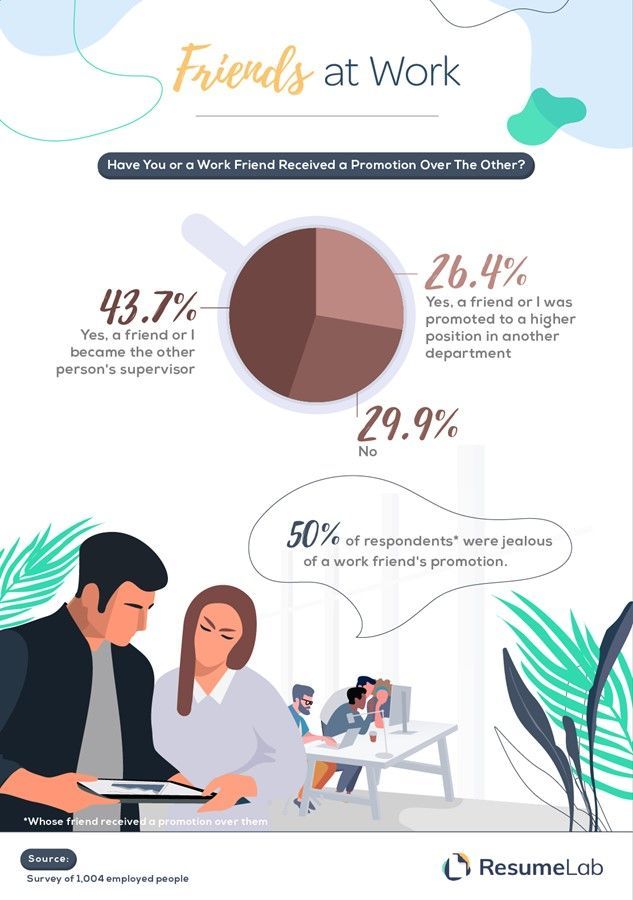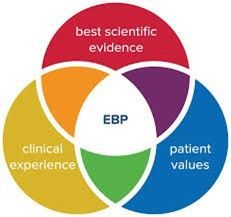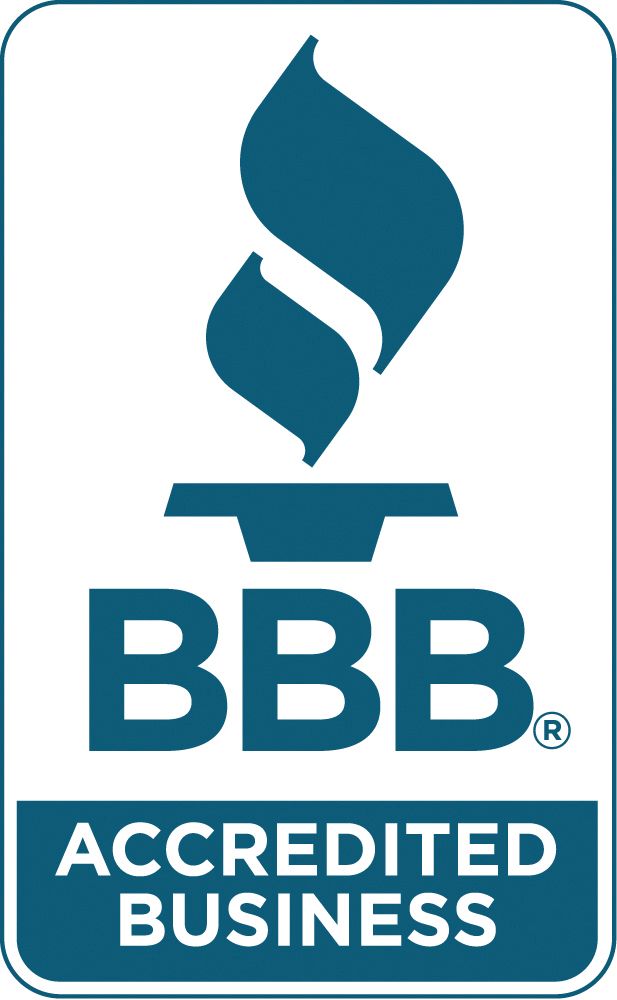Supervisory Performance: Can Your Subordinate Also Be Your Friend?
Leaders must guide their managers to ensure they are clear on their roles to maximize supervisory performance.

Last year I conducted training for a behavioral health organization on supervisory performance. The organization needed help with employee and supervisory accountability. The training discussed how communication, skills, and attitude make for excellent leaders and other qualities. We also discussed how employees need structure, expectations, communication, praise, monitoring, and direction.
During the conversation on supervisory performance, one of the attendees asked if, as a supervisor, they can still be friends with their subordinates. They talked about how they were first-line staff at their organization and were promoted. The people they supervised were originally their friends and would engage in social gatherings outside of work. When the attendee received their new job, these activities continued, and they believed they were still an effective manager.
According to an article in Indeed, "Bosses, supervisors, and managers can be friends with their employees as long as the relationship doesn't interfere with professional matters. Their friendship can exist outside of work, but it can't affect either individual's productivity or reputation." An article on the Muse website states, "While good bosses should strive to have a deep, human relationship with their employees, the truth is the manager-employee relationship isn't a friendship." It even has the following quote: "As Colin Powell said, leadership sometimes means being willing to piss people off."
Returning to the training, my experience managing employees for over 30 years made me question the new supervisor's ability to be impartial to their friends/subordinates. How can one, I asked, give an employee a verbal warning and then go out for coffee with them? This relationship is similar to the dual relationships with clinicians; one cannot be a therapist, professional, or friend simultaneously. Therefore, the employee was given another perspective on their supervisory performance.
Having a subordinate as a friend creates mixed feelings and difficulties in the workplace. When I finished the training, the executive director spoke to me to thank me for clarifying their position, too. Suppose your behavioral health organization has supervisors who oversee individuals with whom they have been friends. In that case, the leaders must guide these managers to ensure they are clear on their roles to maximize supervisory performance.
Praxes Behavioral Health provides consulting and training for improving employee performance. For more information, feel free to contact us.




